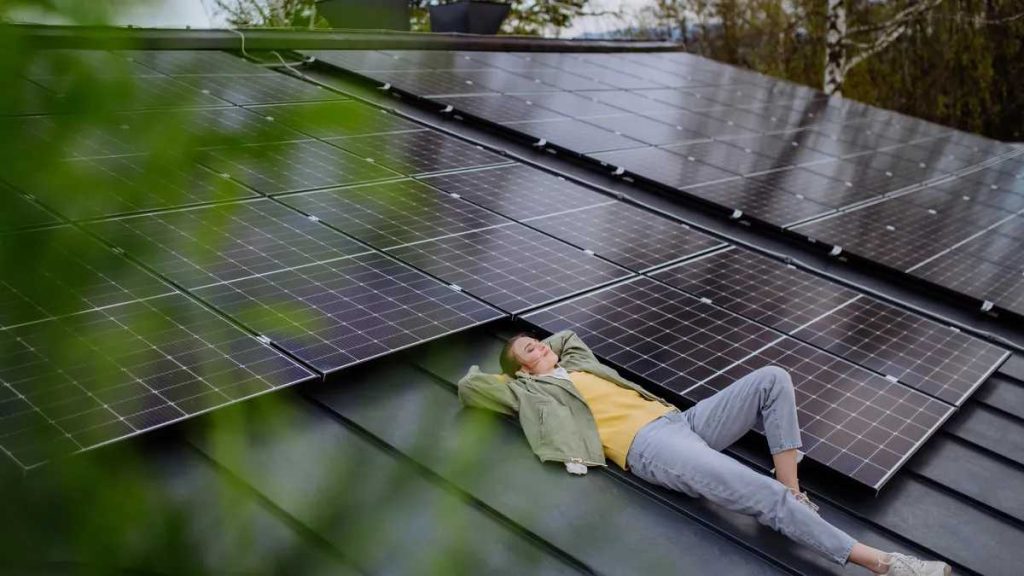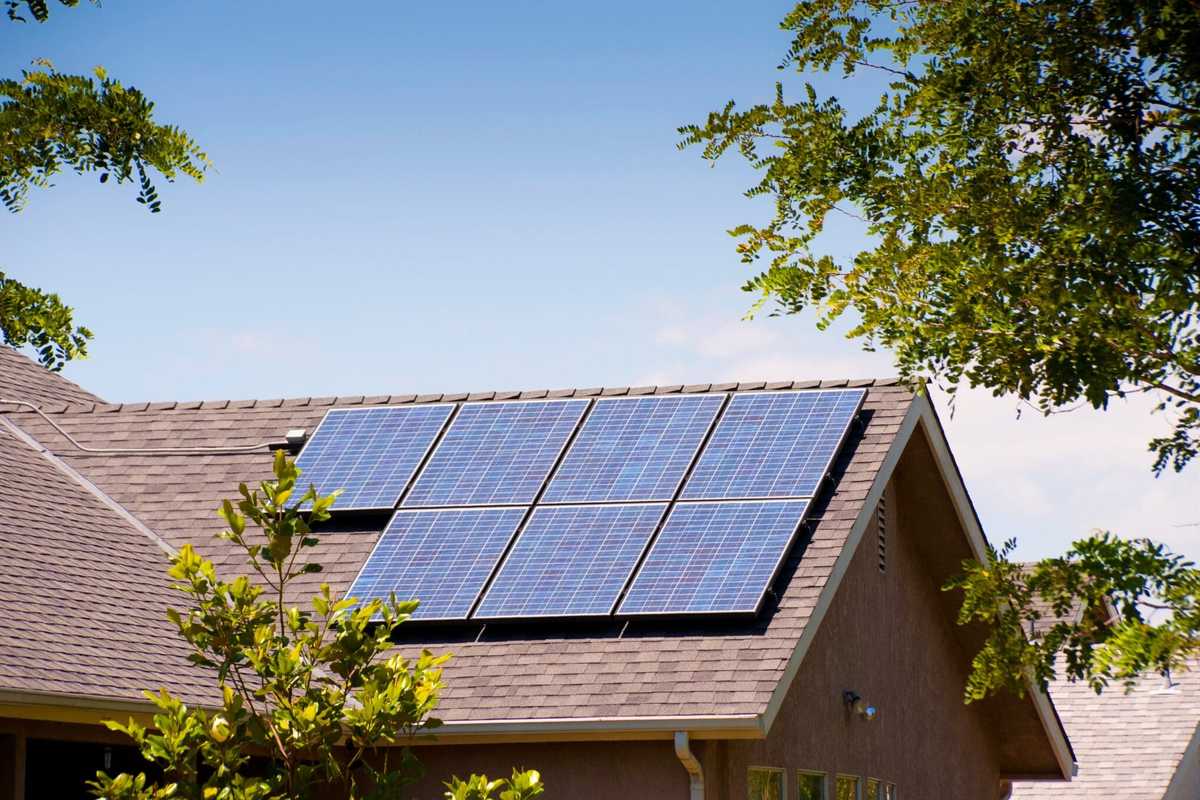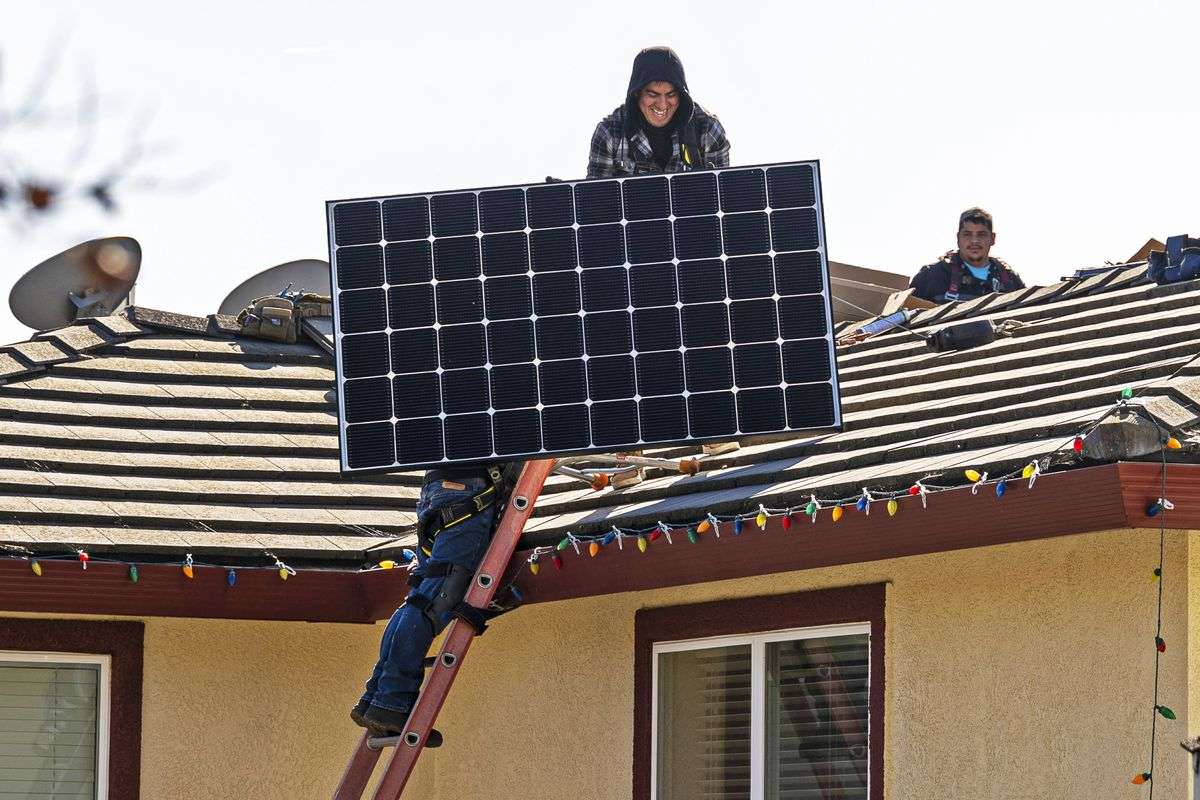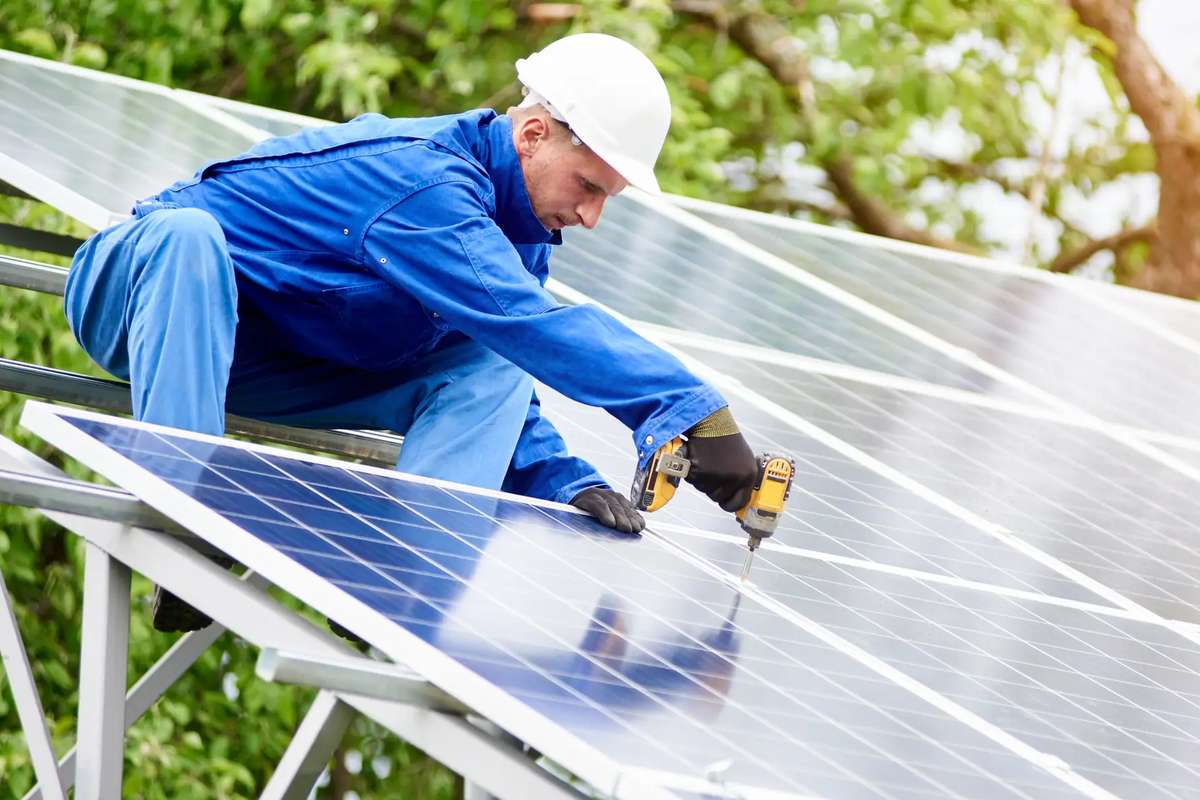Solar panels convert sunlight into electricity. They’re a clean, renewable energy source, which can reduce electricity bills and decrease carbon footprint. But are they worth the investment for your home?
Well, the answer is – it depends on several factors. As such, to help you decide whether it’s worth the investment or not, here are the factors you should consider:
Sunlight Exposure
The effectiveness of solar panels largely depends on the amount of sunlight your area receives. If you live in a region with high sunlight exposure, like Arizona or California, solar panels can be highly beneficial.
In contrast, areas with less sunlight, like some parts of the Pacific Northwest, might not yield as much return on investment.
A simple way to gauge this is to observe how many sunny days your area gets on average.
Energy Costs in Your Area
Another factor is the cost of electricity in your region. If you’re in an area with high electricity rates, the savings from solar panels can be significant. Compare your current electricity bills with the estimated output of solar panels.
To help you with that, you can make use of online calculators available that can help you estimate these savings.
Solar Incentives and Rebates
Many governments offer incentives to encourage solar panel installation. These can include tax credits, rebates, and other financial benefits. Check with your local government or utility company to see what incentives are available in your area. These can significantly offset the initial cost of installation.
Roof Suitability

Not all roofs are suitable for solar panel installation. Factors like the age, material, and orientation of your roof play a crucial role. South-facing roofs with a good tilt are ideal. If your roof isn’t suitable, ground-mounted solar panels are an alternative, though they may require more space and investment.
Long-Term Residency
Consider how long you plan to stay in your current home. Solar panels are a long-term investment, typically taking several years to break even. If you plan to move soon, you might not be able to reap the full financial benefits.
Local Weather Conditions
Apart from just sunlight, overall weather conditions in your area also matter. Frequent heavy snowfall or extreme weather conditions can affect the performance and maintenance needs of solar panels.
Energy Consumption Habits
Your household’s energy consumption is a critical factor. If your energy usage is high, you’ll likely benefit more from solar panels.
Conversely, if your energy consumption is low, the savings might not justify the cost.
Maintenance and Durability
Solar panels are generally low maintenance, but they do require occasional cleaning and checks. Additionally, consider the durability of the panels. Most come with a warranty of 20-25 years, which is a good indicator of their lifespan.
Property Value Implications
Installing solar panels can increase your home’s value. However, this varies by location and market conditions. In some regions, buyers are willing to pay a premium for a home with solar panels.
Environmental Considerations
Finally, consider your environmental goals. If reducing your carbon footprint is important to you, solar panels are a great step, irrespective of the financial return.
Making the Decision
To decide if solar panels are worth it for you, weigh these factors against your personal circumstances. You can also consult with solar panel providers for a detailed analysis. Remember, solar panels are not just about immediate financial savings; they’re about investing in renewable energy for a sustainable future.



